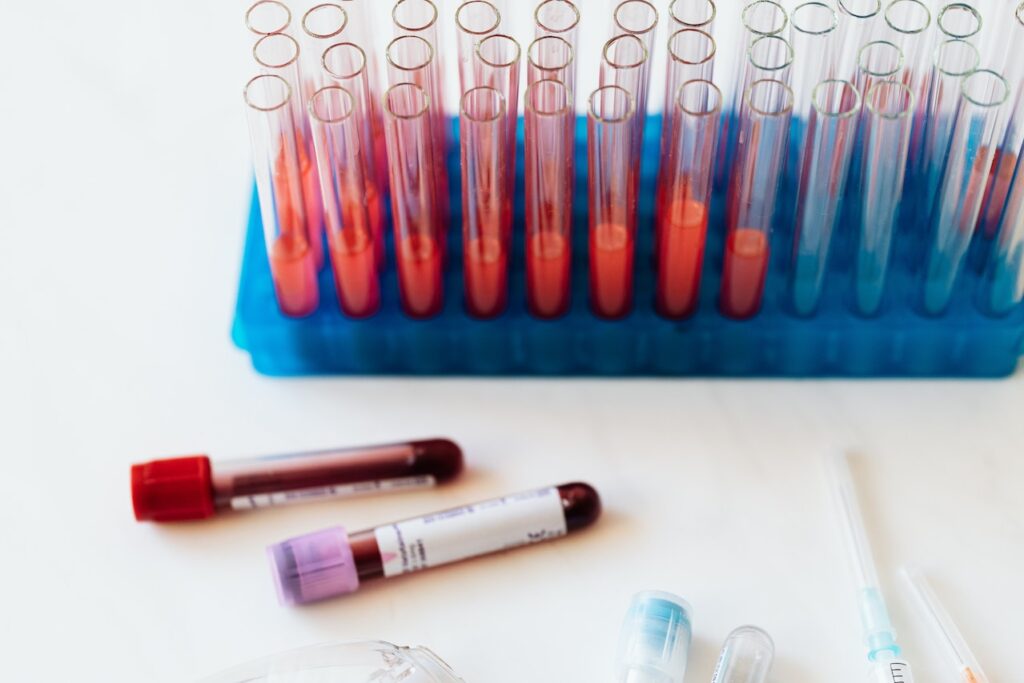Food Allergy Treatment Advances
The food allergy treatment landscape is changing rapidly, and 2023 has seen the emergence of several new treatments. In recent years, researchers have made significant strides in developing therapies that target the root cause of food allergies rather than just managing their symptoms.
This year, scientists have successfully developed a range of novel treatments that aim to reduce or even eliminate the risk associated with food allergies. These include oral immunotherapy (OIT), which involves exposing patients to small amounts of an allergen over time to desensitize them slowly; anti-IgE therapy, which helps reduce symptoms by binding to IgE antibodies; and sublingual immunotherapy (SLIT), which works similarly to OIT but is administered under the tongue instead of orally. In addition, gene therapy studies are being conducted on mice models with promising results.
Overview of 2023 Treatments
In 2023, the treatments available for food allergies are expected to be more advanced and effective than ever. Scientists have been researching and developing solutions to address the growing number of individuals with food allergies, many of whom have had limited options in the past. This article will explore some of the top food allergy treatment advances that will become available in 2023.
For starters, the FDA recently approved a new type of immunotherapy known as oral immunotherapy. This therapy involves introducing small amounts of allergens into an individual’s diet until they can tolerate larger doses without reacting. Additionally, research is being conducted on immunomodulatory drugs that may help reduce symptoms by modulating immune system pathways involved in allergic responses.
Sublingual Immunotherapy
Sublingual Immunotherapy, or SLIT, is a promising food allergy treatment that has recently gained much attention. The innovative technology has the potential to provide relief from food allergies for those who may have previously struggled to find an effective solution. By 2023, experts believe advances in SLIT will make it even more accessible and reliable than ever.
The main principle behind SLIT is simple: by introducing small doses of the allergen directly under the tongue, the body’s immune response can be gradually retrained to no longer react adversely when exposed to that allergen. This process works to desensitize the body progressively so that, eventually, full exposure no longer causes any reactions whatsoever – effectively eliminating food allergies with minimal risk of side effects.
Allergen Specific Ige Blood Test
The Allergen Specific IgE Blood Test is one of the most groundbreaking advances in food allergy treatments of 2023. The test uses a panel of numerous allergens to detect levels of specific IgE antibodies in the blood, allowing for a much more thorough diagnosis than in previous years. This breakthrough has enabled medical professionals to identify and diagnose food allergies with unprecedented accuracy and speed, leading to better outcomes for those who suffer from food allergies. The Allergen Specific IgE Blood Test has been especially beneficial for individuals affected by multiple food allergies. It provides invaluable insight into how different foods may interact with their bodies. In addition, this test can provide essential information regarding available immunotherapy options, helping patients take control of their condition and find relief more quickly.

Oral Medications
Oral medications are now one of the top food allergy treatment advances of 2023. These oral medications can provide quick and effective relief without injections or other more intrusive methods for those suffering from moderate to severe symptoms. With a simple once-daily pill, individuals can enjoy immediate results in symptom management and reduced risk of anaphylaxis reactions.
One particular type of oral medication that has been gaining traction is anti-IgE therapy, which helps reduce levels of immunoglobulin E (IgE), an antibody responsible for triggering allergic reactions. This form of treatment has proven to be highly successful in clinical trials and is already being used by many people who suffer from food allergies. In addition, several other types of oral medicines currently available are designed to help alleviate common food allergy symptoms.
Epinephrine Autoinjectors
Epinephrine autoinjectors have become a top food allergy treatment in recent years, playing a major role in the advances of 2023. These devices are designed to quickly and easily deliver a single dose of epinephrine, which is used to counteract the severe allergic reaction that can occur with food allergies. The effects of epinephrine are immediate, making it an effective treatment for those who experience an allergic reaction.
The convenience and effectiveness of using an autoinjector have made it one of the most popular treatments for food allergies among medical professionals and patients. In addition to being quick and easy to use, these devices are incredibly safe and require no special training or preparation before administering the medication. Recent technological advances have made these autoinjectors even more user-friendly, allowing users to set up their dosage levels.

Conclusion
As the food allergy treatment field moves forward at a rapid pace, it is clear that some of the top advances made in 2023 have been instrumental in pushing research and clinical practices to new heights. This year saw the introduction of several groundbreaking treatments, such as sublingual immunotherapy, drug candidates targeting specific allergens, and treatments that focus on early-onset reactions. In addition to these developments, researchers also explored novel ways to manage symptoms and prevent reactions through diet modification or new medications.
Looking ahead, there are even more exciting developments that scientists are currently working on. For example, there has been working towards developing personalized medicine for allergies by using predictive models based on genetic data and patient profiles; this could lead to individualized, targeted therapies for those with severe allergies.

